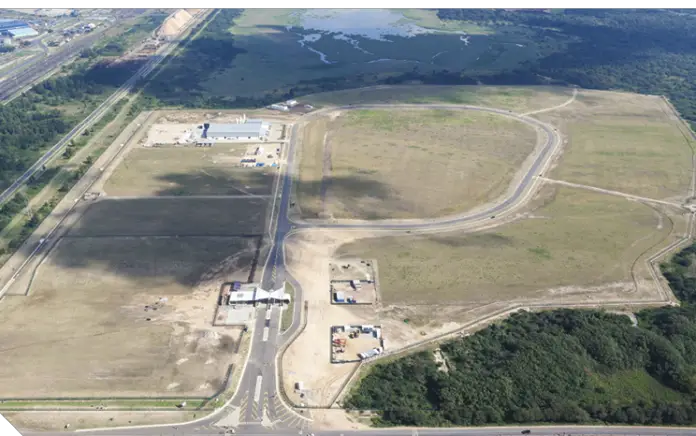Construction of the US $81m crude vegetable oil refining facility at Richards Bay Industrial Development Zone (RBIDZ), is expected to start this month. Wilmar Processing SA’s project director Donovan Matlala said the facility, which would be used to produce cooking oil, mayonnaise and margarine, would be erected in the RBIDZ’s Phase 1A on 1 Medway Road.
“The construction programme will have many benefits for the communities in and around Richards Bay. Following extensive discussions with RBIDZ and our commitment to partner with communities wherein we operate, Wilmar Processing SA (Pty) Ltd has committed to spending 30% of the project value in Richards Bay and the surrounding areas,” said Matlala.
Opportunity for SMMEs
According to him, this means that the SMMEs would have an opportunity to participate as subcontractors or suppliers of services and equipment to the project. “These opportunities include the supply of temporary structures (offices, ablution facilities, etc.), plant hire and accommodation. Sub-contractors will also have an opportunity to tender on piling, site clearance and fencing, roads, pipe fabrication and erection and the erection of tanks and non-process buildings,” he said. Wilmar confirmed that construction is expected to take about two years to complete while the plant start-up is expected at the beginning of April 2022.
Also Read: South Africa begins construction of waste disposal facility in Cape Town
The facility
The facility is expected to boast features that include a refinery, a fractionator, a shortening plant, packaging & warehouse and a tank farm. It will also have an effluent treatment plant, water treatment plant, a coal yard and boilers. The buildings will include an engineering workshop, an administration building, employee change rooms, clinic, canteen and a security office.
Mr. Matlala further added that upon completion, the facility would employ no less than two hundred employees. “The plant would use natural lighting and solar energy for non-process buildings. Solar panels will also be installed on the warehouse rooftop and were expected to provide 1MW energy. Furthermore, energy-efficient equipment would be used on the facility and the plant would be controlled with a SCADA (supervisory control and data acquisition) to minimise wastage and hence energy use,” he affirmed. He also confirmed that they will minimise energy consumption by using exhaust streams for heating up cold process streams; and streetlights and weighbridges will also be powered by solar energy.

